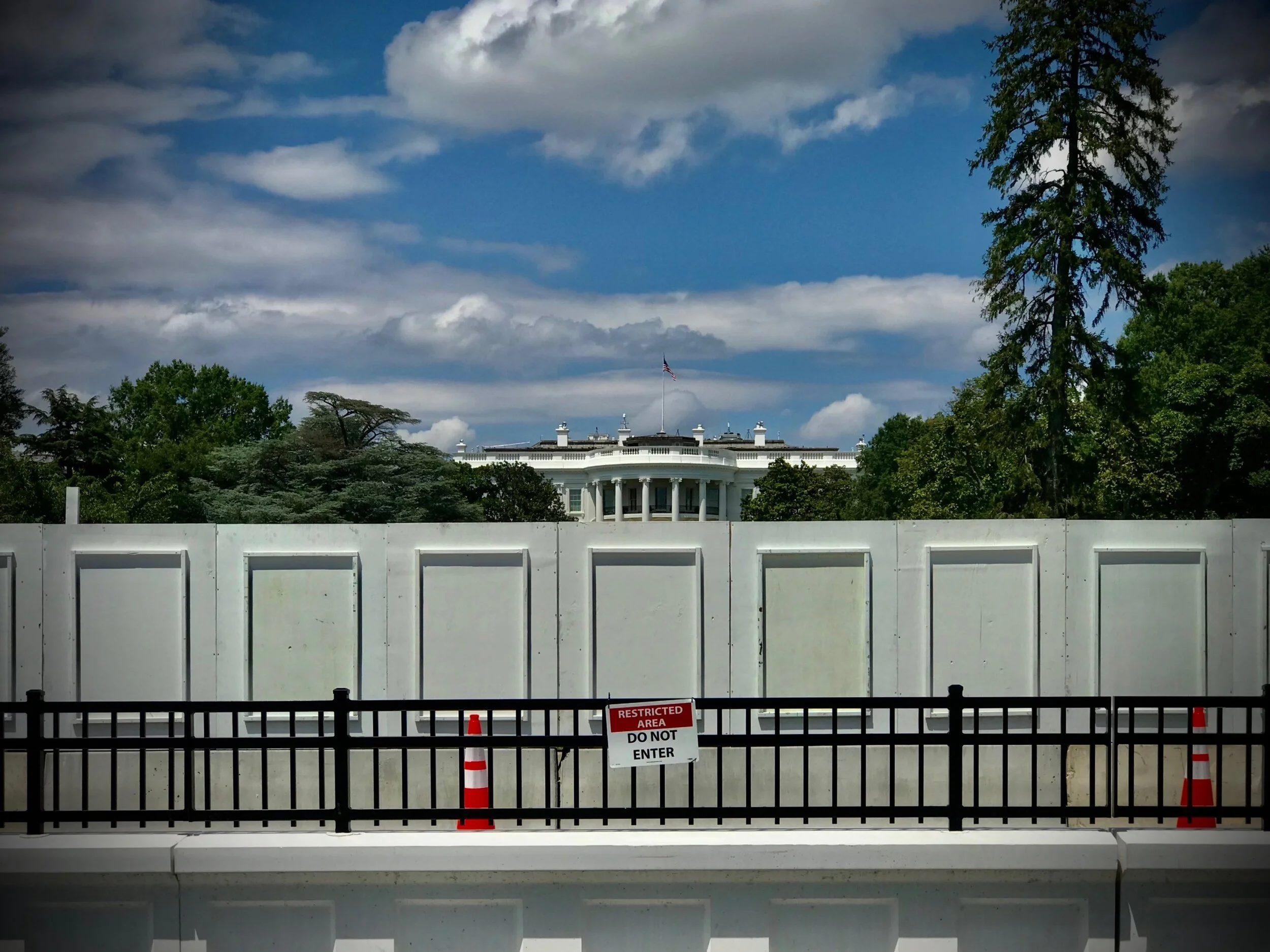Hope Amid Trying Times
Imagine the movie trailer:
In a galaxy far, far away…nefarious forces, under orders from a mysterious leader, hold the country hostage in their efforts to quell the election of a new President. Rebel forces, led by a sage master and his protégé — a warrior from a distant land — collaborate to repel an invisible enemy, rescue fallen comrades, and restore freedom and justice to the country.
America has been cleaved in two, psychologically and politically. Over the past few months, two versions of reality have duked it out on the country’s political stages. After a brutal election campaign, votes have been cast amid trying circumstances to decide upon a new leader of the world’s most influential economy.
It would appear a clear winner has emerged from the 2020 election, and that hope and humility have defeated paranoia and pessimism. Walled up in the White House, however, the current President remains in power, firing menacing mini-missives into the Twitter-verse.
Is there a new hope unfolding?…
Hope is not Optimism
The Stockdale paradox presents hope as distinctly different from optimism. Based on his experience as a Vietnam POW who spent more than seven years in captivity, Stockdale provides a useful perspective on how to survive prolonged suffering. In essence, he argues that one should not allow the possibility of a positive event emerging as a means to maintain one’s psyche. Every day is a battle to fight with confidence, despite one’s circumstance. As Stockdale says:
“You must never confuse faith that you will prevail in the end—which you can never afford to lose—with the discipline to confront the most brutal facts of your current reality, whatever they might be.”
The confronting of the present reality is the most important thing to focus on. The belief that one will prevail in the end is a kind of faith rooted in hope. Not optimism. It is a realistic take on the necessary mindset, value system, and sense of identity one requires to be resilient. To be realistically hopeful.
As the former president of the Czech Republic Václav Havel — a fervent anti-Communist —once said:
Hope is definitely not the same thing as optimism. It is not the conviction that something will turn out well, but the certainty that something makes sense, regardless of how it turns out.
Hope: the emotional cornerstone of society
For a country that has defied the odds and taken on challenges few can tackle, America is in dire need of more hope. Almost 240,000 Americans have died from COVID-19 in less than a year. More than 12 million people are unemployed in the country. At least 30 million of its citizens lack medical insurance. Beyond this, the global economy remains precarious as other nations try to cope with the fallout from the coronavirus pandemic.
Discouraged from offering or receiving hugs, we all hope for a vaccine. We are not optimistic, but we are at least hopeful.
Hope: what we cling to in tough times.
Hope is foundational to why we follow leaders. It is the antidote to despair and it vanquishes fear, a common psychological tool used by authoritarian leaders. As one candidate* stated in the first debate of the US Election:
“I will embrace hope, not fear. Peace, not violence. Generosity, not greed.
Light, not darkness. I’ll be a President who appeals to the best in us.
Not the worst. I’ll be a President who pushes toward the future.
Not the one who clings to the past.”
*Guess which Presidential candidate…
Isn’t this what America wants and America needs? What the world hopes for?
Hope: what friends have for each other
It remains to be seen which version of reality — and what kind of leadership — the majority of Americans wish to follow. They seem to have indicated their preference from the election results, but for those of us looking from outside the country (especially here in Canada), there is a profound hope that truth and sensibility will prevail.
Over the past four years, America had become estranged from longtime friends and allies. Considerable social capital has been lost and many nations have felt abandoned by a partner upon which they had depended. Candid conversations have been replaced by dismissive tweets. Honourable behaviour, longstanding agreements, and traditional conventions have been abandoned. Trust had been broken and hope diminished.
A beacon of democracy and a force for global change, America has lost considerable respect as a result of its (mis)handling of the COVID-19 crisis. The kind of leadership expected of such a superpower, including norms of decorum in global diplomacy, have been hard to decipher from the actions and rhetoric emanating from Washington. The ‘America-first’ policy has turned a once proud collaborator on the global stage into a pariah nation.
Fortunately, a new hope has emerged. In the first speech given by (what would appear to be) the President-elect of the US, it was stated:
“We will lead not only by the example of our power,
but by the power of our example.”
And so we wait…in hope.




